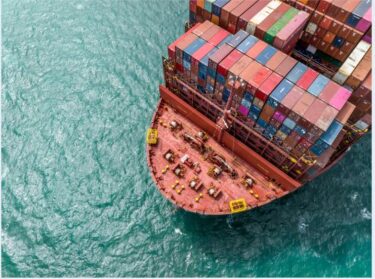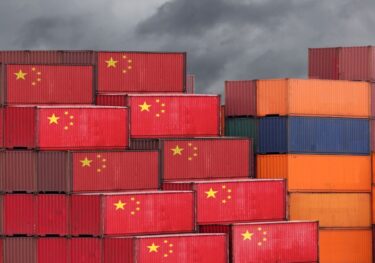Reciprocal tariffs another tool to extract policy concessions
US President Donald Trump has announced or threatened a range of fresh tariffs in recent weeks. While we expect the overall macro impact to our global forecasts to be modest, the impacts for specific countries and industries will be meaningful.
What you will learn:
- The recent announcement that the US would raise tariffs on imports from other economies to match the rates that US exporters face (reciprocal tariffs), could see very large tariff increases on the likes of India, Japan, Brazil, Thailand and Vietnam.
- To some extent these tariffs are an attempt to extract policy concessions from targeted countries so we don’t think the threat of retaliatory tariffs significantly alters the global outlook.
- Our previous analysis of the impact of tariffs on global trade flows, highlighted Singapore as the country which would capture the greatest share of US imports in the coming decade. Given that Singapore imposes no tariffs on the US this finding is likely to be strengthened further by the imposition of retaliatory tariffs as trade in Asia reroutes.

Tags:
Related Services

Post
Tariffs take a toll despite easing trade hostilities
Global tradeflows remain under pressure despite easing tariff tensions. Recent US–China agreements reduce select import taxes and support China’s 2026 outlook, yet US imports continue to fall and supply chains pivot toward Asia and Europe. Containerised trade is set to expand, while bulk shipments soften alongside weaker industrial demand.
Find Out More
Post
Global trade is losing momentum
Trade disruptions spread across autos and pharma sectors, with EU tariff exemptions giving Europe a competitive edge amid global slowdown.
Find Out More
Post
Why have China’s exports held up so well under higher US tariffs?
China's exports have adapted, rather than retreated, under higher US tariffs. It will be difficult for businesses and consumers to decouple from Chinese exports or China-linked supply chains.
Find Out More